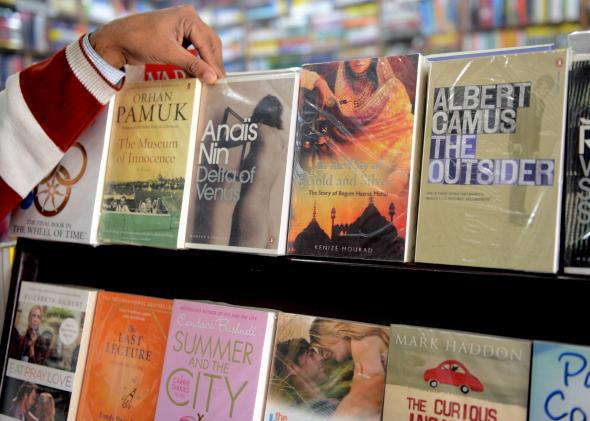Penguin India has agreed to remove historian Wendy Doniger’s book,The Hindus: An Alternative History, from stories in India and destroy all remaining copies in the country after four years of fighting a lawsuit by a conservative Hindu group that objected to the book’s description of mythological texts as fictional. India’s penal code prohibits books published “with deliberate and malicious intention of outraging the religious feelings of any class of citizens in India, by words, either spoken or written … insults or attempts to insult the religion or the religious beliefs of that class.”
Doniger has defended her publisher, saying that India’s law is solely to blame, but Penguin has come under fire from critics, including Penguin author Arundhati Roy, who says she may consider finding a new publisher. Roy fell afoul of Indian law herself a few years ago, with remarks about Kashmir that the Home Ministry considered seditions.
International publishers have flocked to India, drawn by an exponentially expanding book market. The number of books published in English in India is growing by 30 percent a year, according to the New York Times.
But publishing in the country, particularly on controversial topics, can be risky. Salman Rushdie, whose book The Satanic Verses is banned in India, pulled out of a literary festival in Jaipur after receiving death threats. Joseph Lelyveld’s biography of Mohandas K. Gandhi was banned in 2011 because it suggested he may have been bisexual.
If, as expected, the Hindu nationalist BJP comes into power after this year’s elections, there’s good reason to expect things might get worse.
The one silver lining of all of this is that the group that filed the suit against Doniger’s book, Shiksha Bachao Andolan, or the “Save Education Campaign” has given her a huge sales boost. The Hindus, which is still available internationally, is currently the No. 11 bestselling book on Amazon, which is not too shabby for a four-year old religious history book by a University of Chicago divinity professor. The worst enemy of censorship is always curiosity.
